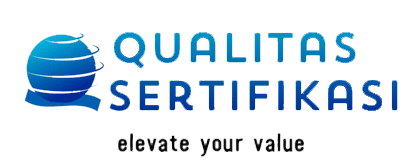The Feedstock Markets of ISCC Certification: Bio and Bio-Circular
The International Sustainability and Carbon Certification (ISCC) is a leading force in ensuring the environmentally, socially, and economically responsible production of the feedstock markets. This commitment translates into a set of stringent certification requirements that promote sustainability throughout the entire supply chain.
At its core, ISCC aims to foster the sustainable production of biomass and its derived products. A fundamental aspect of this commitment is the prohibition of converting lands with high biodiversity value or carbon stock for biomass production. This prohibition not only safeguards ecosystems but also promotes responsible land management practices.
Moreover, ISCC mandates minimum greenhouse gas (GHG) savings, surpassing mere compliance with European legislation. By setting higher benchmarks, ISCC encourages continual improvement and awareness in emission reduction efforts.
Diving deeper into ISCC's framework, there are two primary categories of feedstocks: Bio and Bio-Circular materials.
Bio
At the heart of ISCC’s mission is the preservation of biodiversity and carbon-rich ecosystems. The certification strictly prohibits converting land of high ecological value into biomass production areas, thereby ensuring that the feedstocks market does not contribute to deforestation. This approach not only aligns with European legislation but also fosters global awareness and encourages ongoing efforts to reduce emissions.
The Bio feedstock encompasses virgin biomass, the biodegradable portion of products from agriculture, forestry, fisheries, and aquaculture. ISCC's sustainability principles for farms and plantations, encompassing legal requirements and additional environmental, social, and economic considerations, guide responsible production practices.
ISCC’s sustainability framework for farms and plantations is encapsulated in six principles. The first principle aligns with the Renewable Energy Directive II (RED II), setting the legal groundwork. The subsequent principles elevate the standard by addressing broader environmental, social, and economic aspects. Adherence to these principles is not just compliance; it’s a commitment to a world free from deforestation, enriched biodiversity, and robust ecosystems.
Bio-Circular
The Bio-Circular feedstock focuses on waste and residues from agriculture, forestry, and even household waste. Bio-circular is a prime example of the Circular Economy in action. Instead of being landfilled or burned, these waste materials are diverted and given a new life. This reduces reliance on finite resources, lowers greenhouse gas emissions, and lessens the pressure on agricultural land.
The significance of utilizing waste and residues cannot be overstated. Apart from reducing environmental footprint and reliance on finite resources, these materials alleviate pressure on agricultural land, preventing competition with food or feed crops. Encouragingly, many European Union Member States incentivize the use of biofuels derived from wastes and residues under the Renewable Energy Directive (RED II), aligning with ISCC's mission.
Central to ISCC's certification process is the rigorous management of waste and residues throughout the supply chain. Origin points, such as restaurants generating used cooking oil, must ensure that waste is unavoidable and not deliberately created. Additionally, farms and plantations producing agricultural residues must adhere to ISCC sustainability principles, implementing waste management plans and adopting best practices to minimize landfilling and on-site burning.
By promoting sustainable feedstock production and responsible waste management practices, ISCC certification paves the way for a greener future. Its commitment to reducing deforestation, minimizing GHG emissions, and fostering a circular economy positions ISCC as a leader in the drive towards a more sustainable and environmentally conscious world.
Stay tuned as we are going to discuss the other categories of feedstock markets: circular and renewable! In the meantime, please visit our
website or give us a
call if you want to know more about the bio and bio-circular of the ISCC certification!
Recent posts
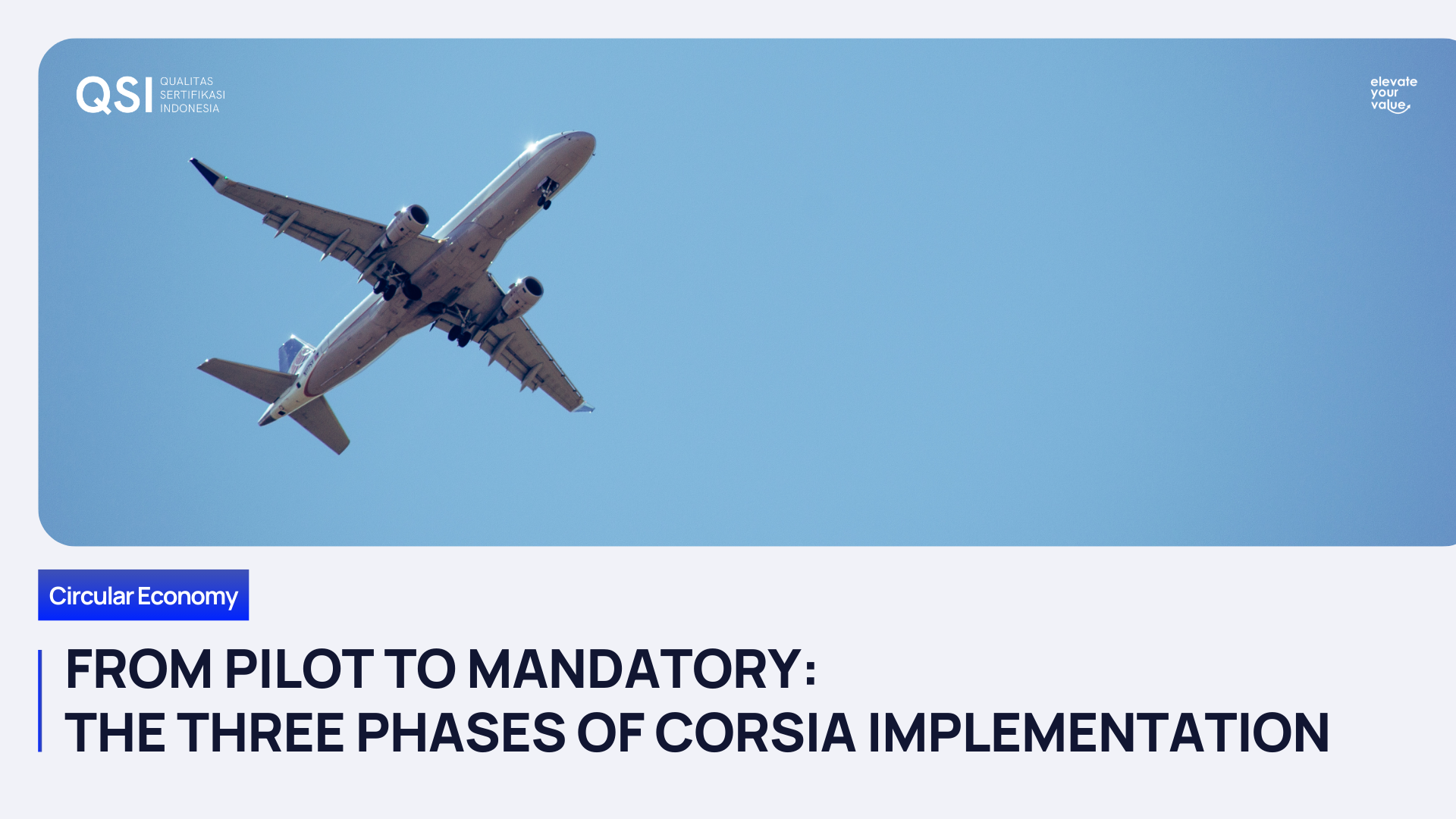
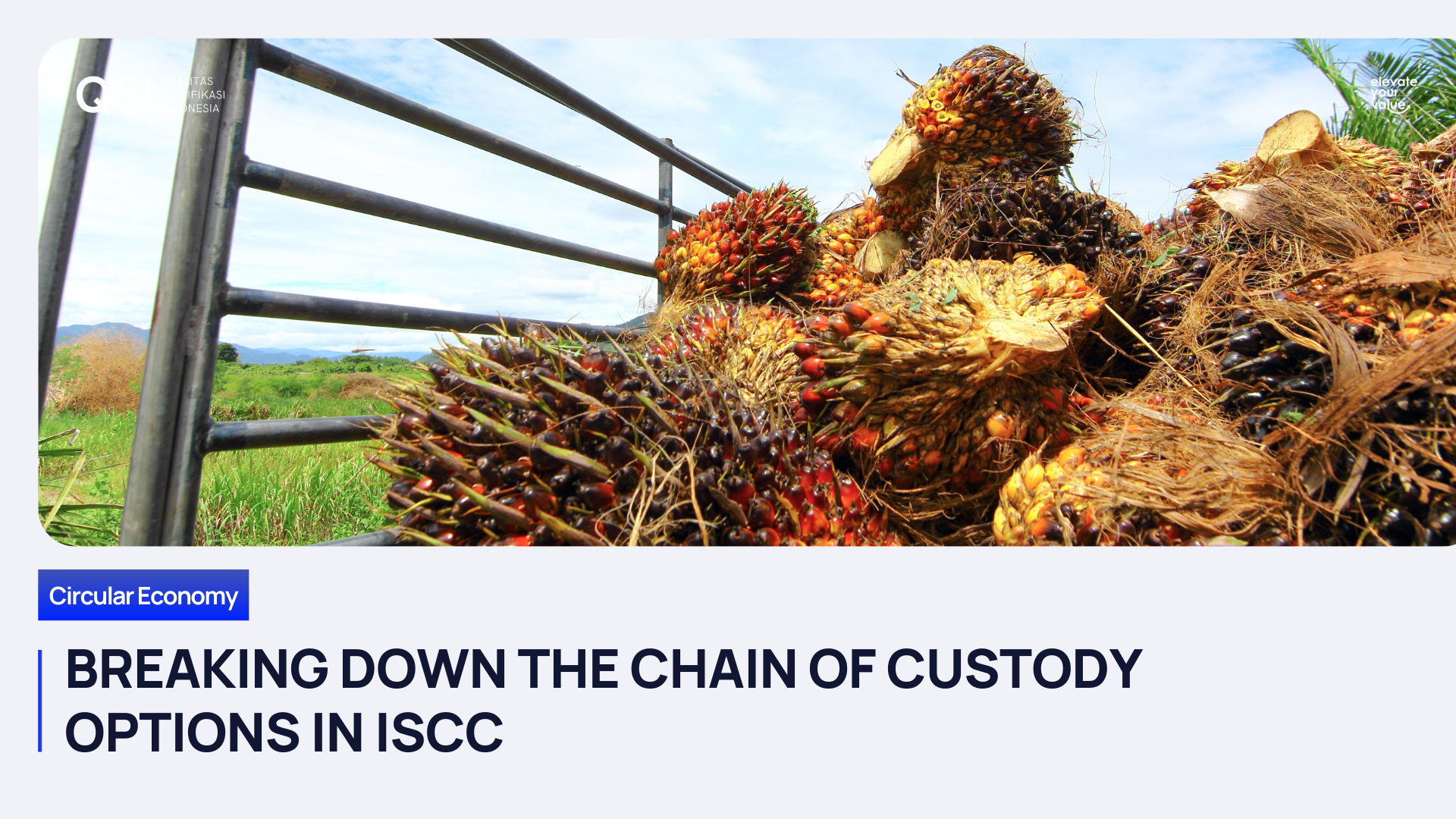
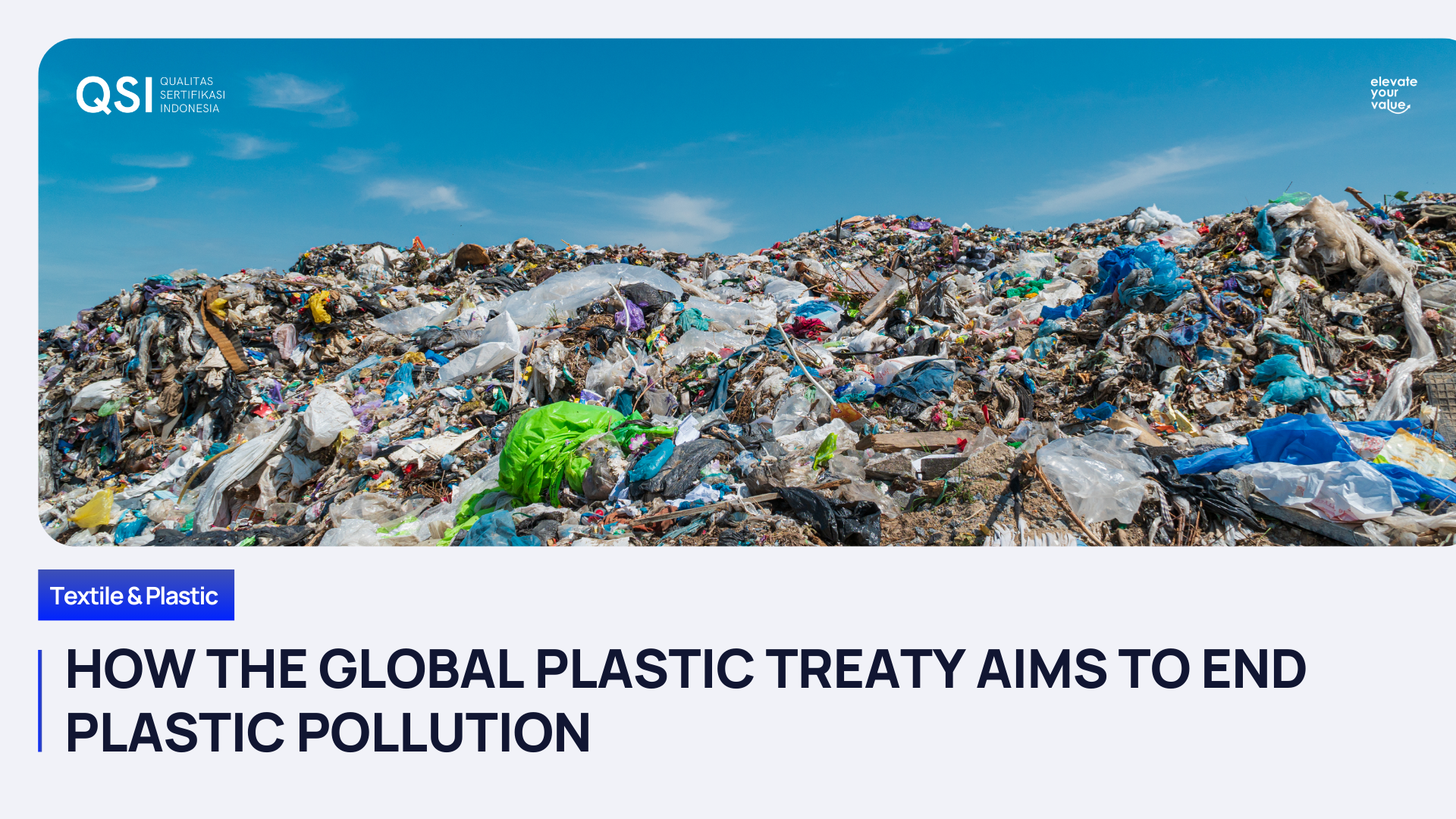
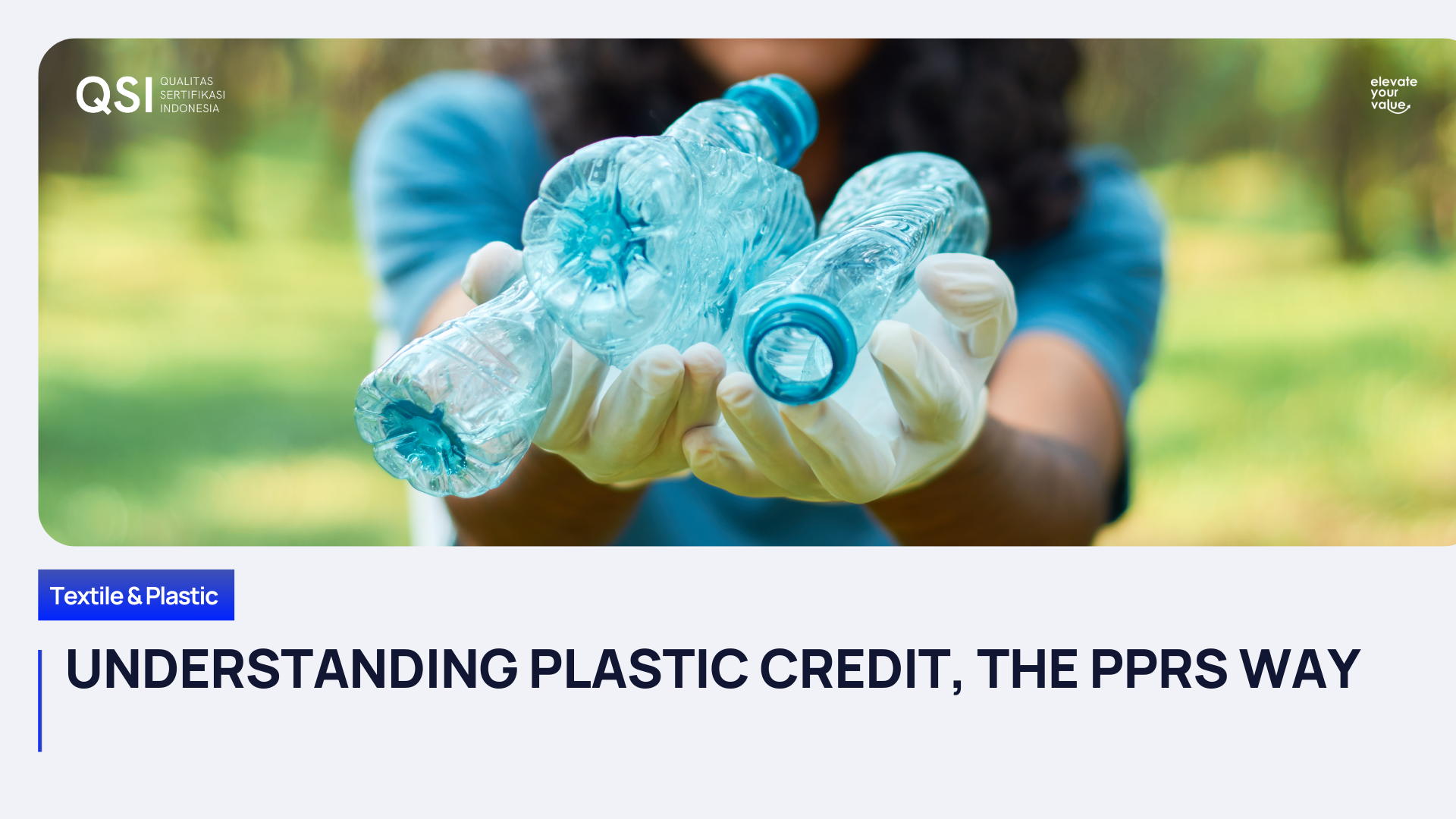
Drop us a line
Contact Us
We will get back to you as soon as possible.
Please try again later.
Share



General Inquiries
Phone
+62 21 2949 1946
Headquarter
The CEO Building, Level 12th
Jl. TB Simatupang No. 18C
Cilandak Barat, Cilandak
Jakarta Selatan, DKI Jakarta 12430
Indonesia
Operational
Menara Sun Life, 7th Floor
Jl. Dr. Ide Anak Agung Gde Agung Blok 6.3
Kuningan Timur, Setiabudi
Jakarta Selatan, DKI Jakarta 12950
Indonesia
Programs
Quick Links
Qualitas Sertifikasi Indonesia
PT Qualitas Sertifikasi Indonesia
